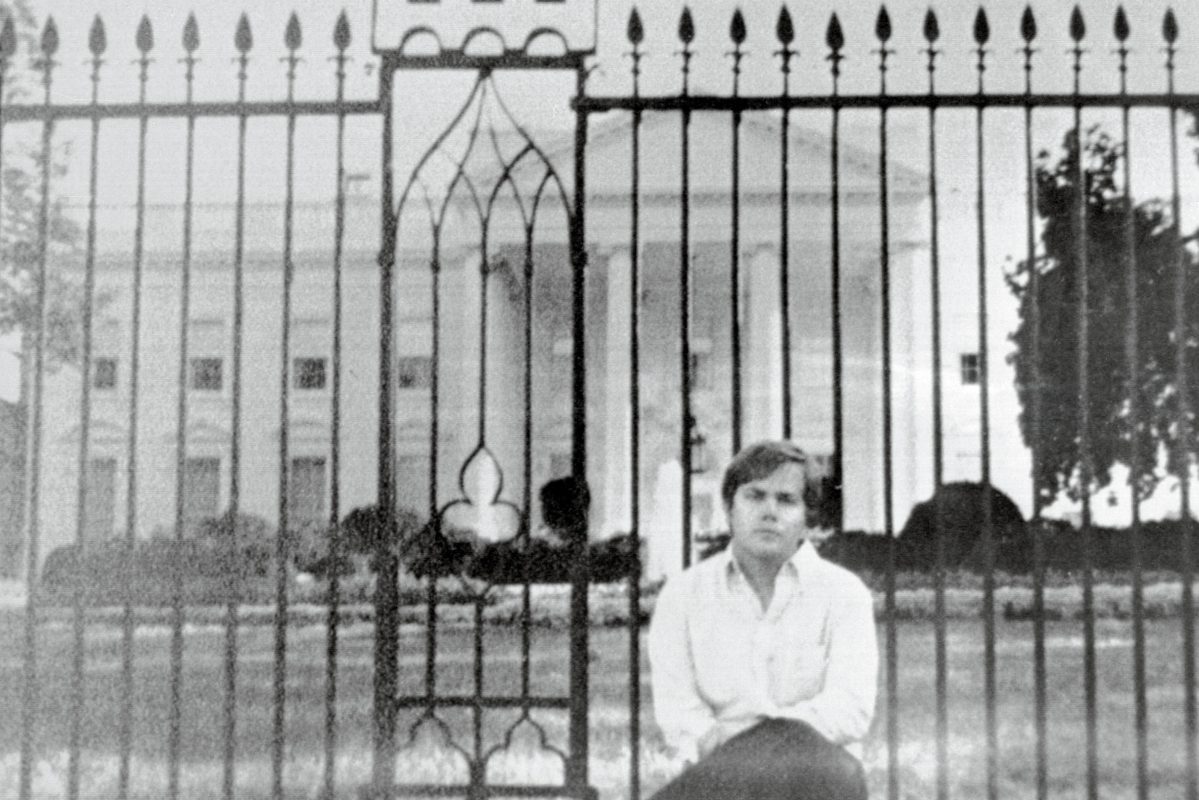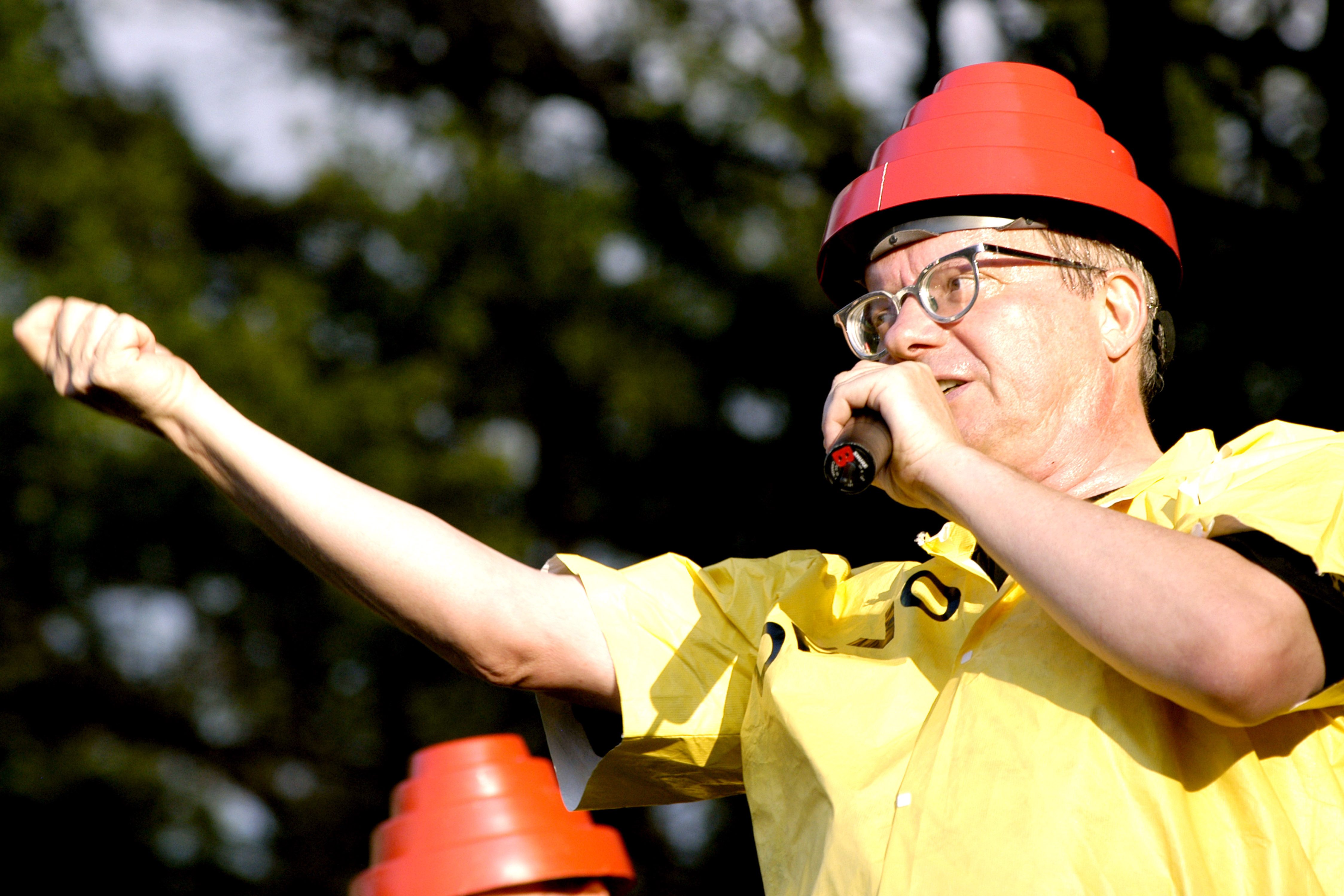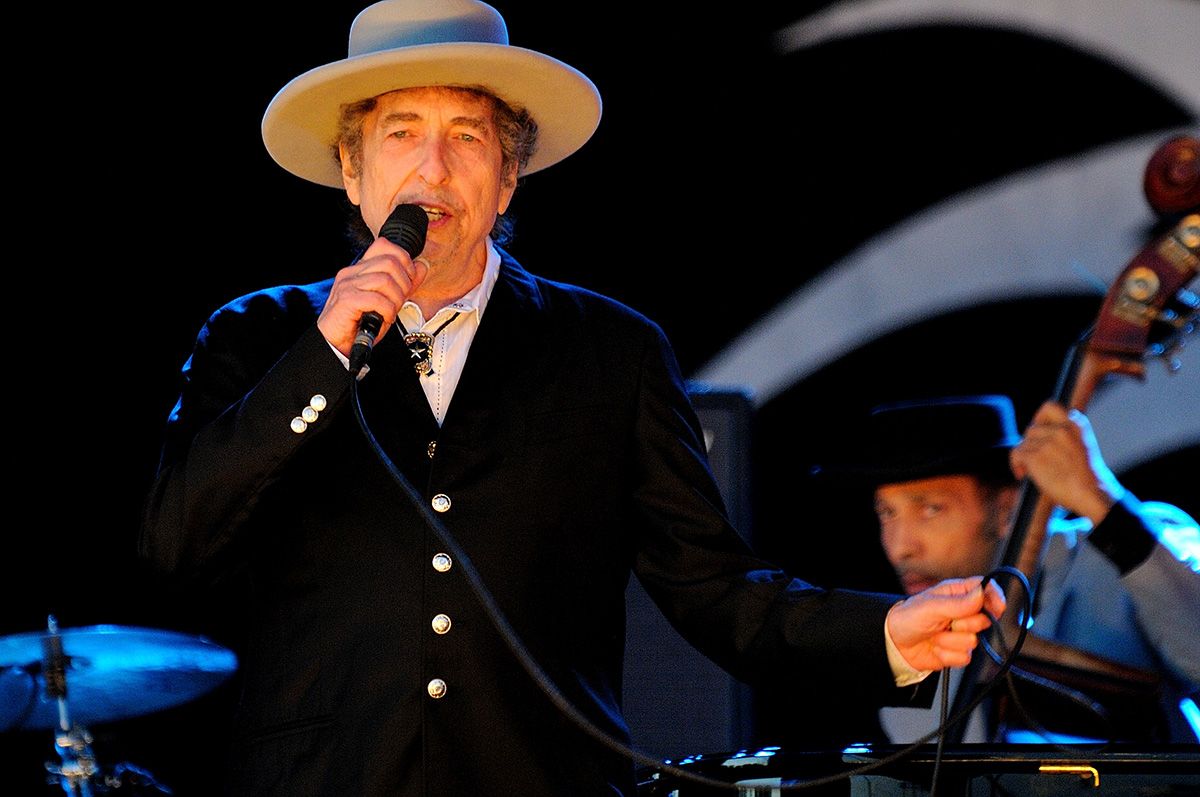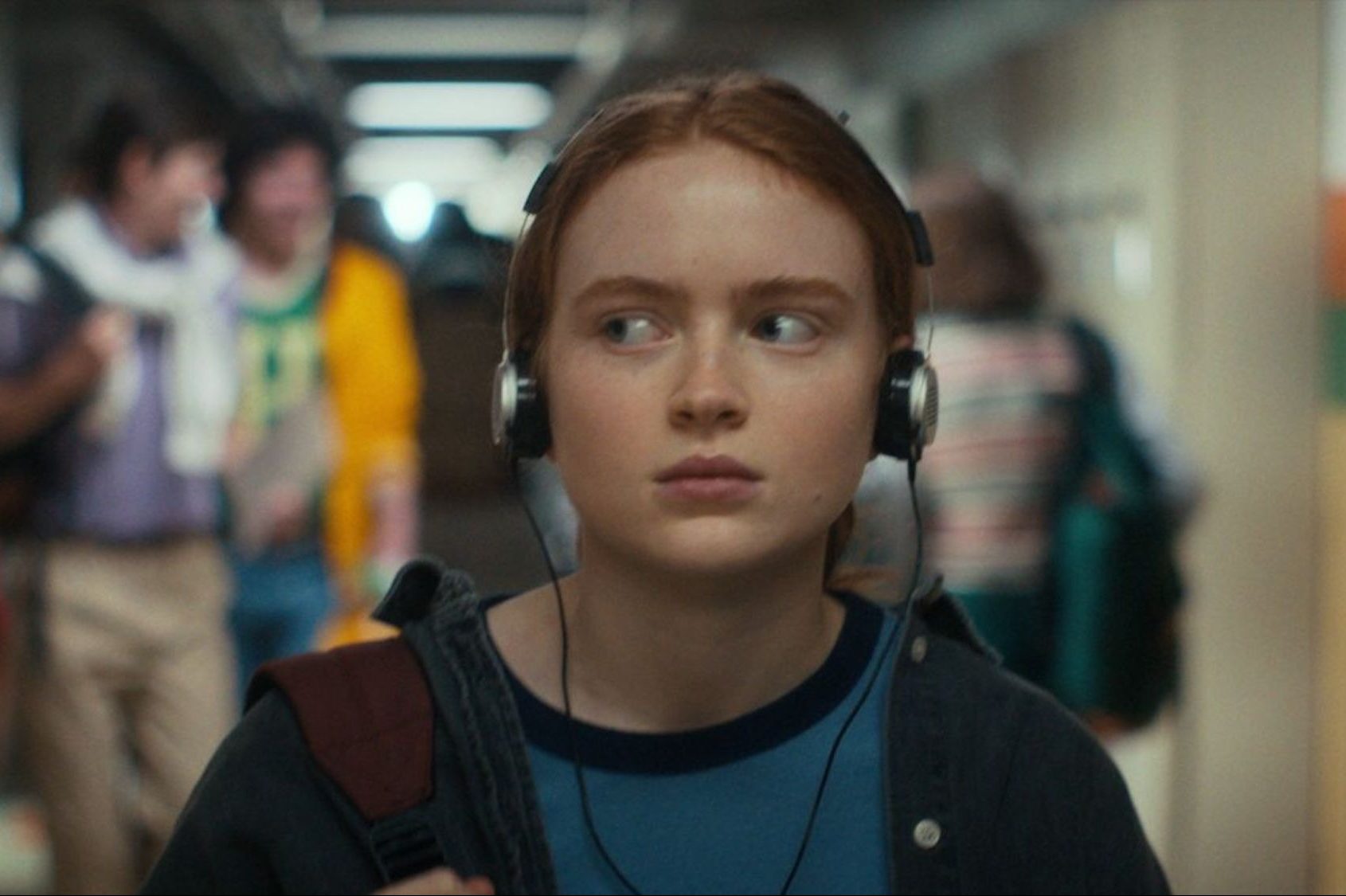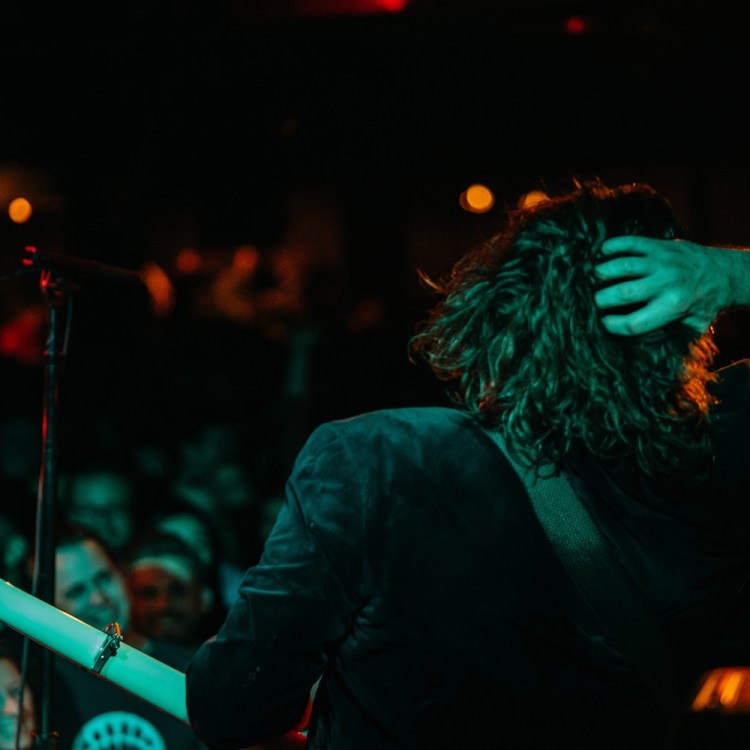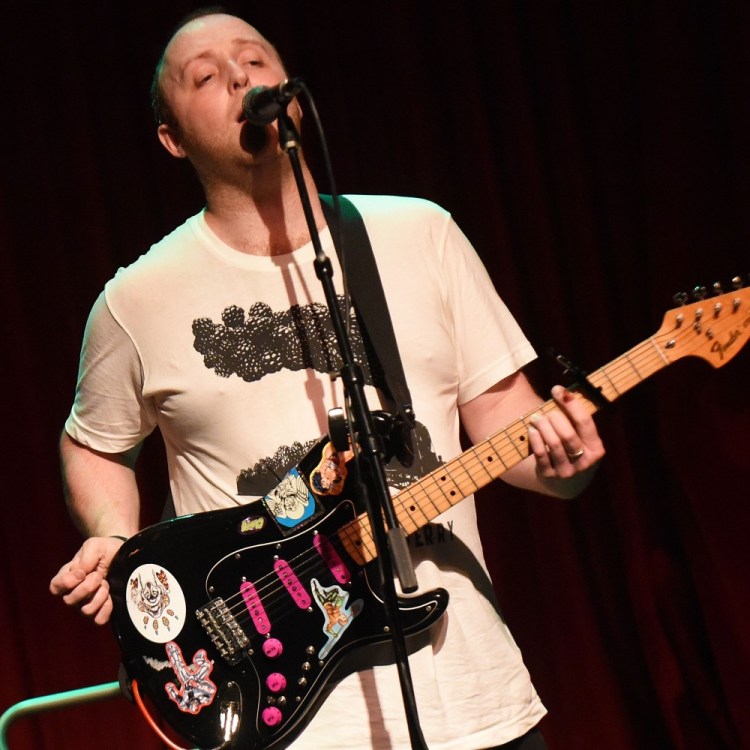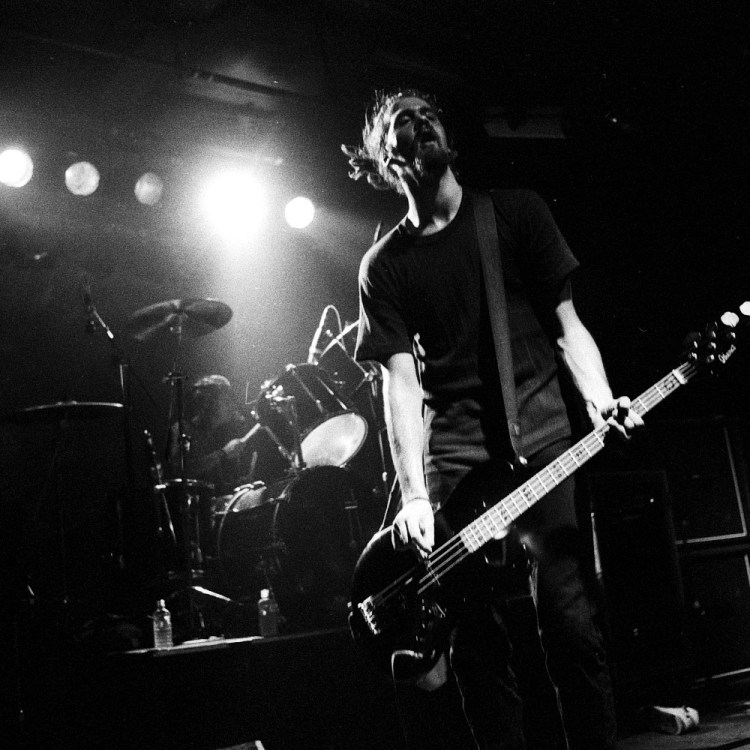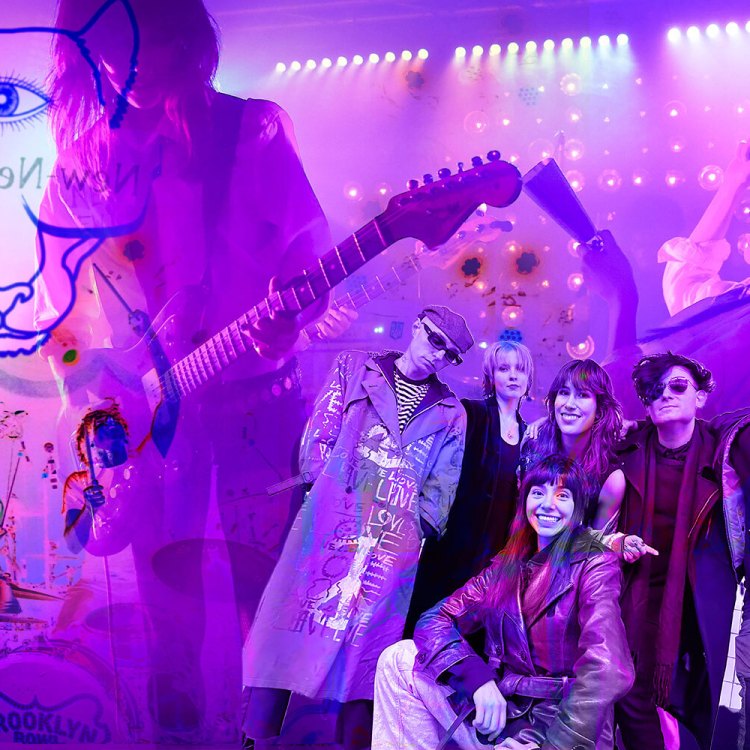On Wednesday, John Hinckley Jr. — the man who shot President Ronald Reagan in 1981 and was found not guilty by reason of insanity — was granted unconditional release from the psychiatric care he has been held under for decades. Now that he’s a free man, Hinckley’s first order of business is to head out on what he’s describing as a “redemption tour,” performing his original music at venues across the country. But one venue he won’t be playing? Brooklyn’s Market Hotel, which announced on social media recently that they’re canceling the would-be assassin’s sold-out July 8 performance.
“It is not worth a gamble on the safety of our vulnerable communities to give a guy a microphone and a paycheck from his art who hasn’t had to earn it, who we don’t care about on an artistic level, and who upsets people in a dangerously radicalized, reactionary climate,” the venue wrote in a statement posted to social media, claiming they’ve received some “very real and worsening threats” from people who were angered by their decision to book Hinckley.
“There was a time when a place could host a thing like this, maybe a little offensive, and the reaction would be ‘It’s just a guy playing a show, who does it hurt — it’s a free country,’” the statement continues. “We aren’t living in that kind of free country anymore, for better or for worse.”
Of course, this is a dumb excuse. The Market Hotel is free to host a mentally ill man who tried to assassinate the president, but people are also free to be pissed off about it! (Provided that their anger doesn’t translate to any actual violence.) Living in a “free country” does not mean you’re free from criticism. But the venue’s statement only gets more defensive from there.
They make some extremely valid points about how “ex-cons and people with mental illnesses can recover” and how it’s important that “they can better themselves and earn a chance to fully reenter society.” But beyond that, it doesn’t sound as though they fully grasp why booking Hinckley was still a bad idea.
“It’s worth reiterating that this guy performing harms no one in any practical way,” they write. “This is a sexagenarian with an acoustic guitar. All the outrage and concern are entirely about the quote message it sends unquote. Make no mistake: canceling this concert will not deter future assassins and will have no effect on mass shootings, and it certainly won’t reverse the awfulness of what Hinckley did 40 years ago. It’s also ludicrous to claim allowing the show might inspire some future killer — ‘I wanna be like Hinckley — he got to play Market Hotel.’ We’re a little room and it’s just a concert. It does not ‘matter’ — beyond the strong emotions it has been used to stoke.”
Has anyone considered, however, that this might harm Hinckley? The Market Hotel freely admitted that they only booked him in an attempt to be “provocative,” noting that he “hasn’t earned it” and they “don’t care about [him] on an artistic level.” They’re purely trying to exploit him and his notoriety for their own profits, and in many ways, that feels worse than if they genuinely dug his music. Instead, they were willing to trot out a severely mentally ill man fresh out of decades of institutional care and let people gawk at him like a zoo animal so they could seem edgy and earn a few bucks. Were we not still reeling from the horrific mass shooting in Uvalde, Texas — an event that makes hosting someone who committed an infamous act of gun violence to try to milk some cash out of their mediocre music a decidedly bad look — they absolutely would have gone ahead with the show.
Instead, the event is canceled, and Hinckley himself seems to understand the decision. “I watch the news like everybody else — we’re living in very, very scary times, to be honest,” he told The New York Times. “I would have only gone on with the show if I was going to feel safe at the show and feel that the audience was going to be safe.”
Thanks for reading InsideHook. Sign up for our daily newsletter and be in the know.
